Market Trends
Key Emerging Trends in the Airline Technology Integration Market
The airline technology integration market is experiencing rapid growth and transformation, driven by the increasing adoption of digitalization, automation, and connectivity solutions across all aspects of airline operations. One significant trend in the airline technology integration market is the demand for comprehensive and integrated IT solutions that streamline and optimize airline operations, enhance passenger experience, and improve operational efficiency. Airlines are investing in advanced software platforms, data analytics tools, and cloud-based systems to integrate and automate various functions such as flight planning, crew management, revenue optimization, and passenger services. This trend towards technology integration enables airlines to achieve greater operational agility, cost savings, and competitive advantage in the dynamic and competitive aviation industry.
Moreover, there is a growing focus on enhancing the passenger experience through technology integration, driven by changing passenger expectations and preferences for seamless and personalized travel experiences. Airlines are leveraging mobile apps, self-service kiosks, and digital platforms to provide passengers with real-time flight information, booking flexibility, and personalized services such as seat selection, onboard entertainment, and ancillary purchases. By integrating these technologies into their operations, airlines can improve passenger satisfaction, loyalty, and retention while also reducing operational costs and increasing revenue opportunities through targeted marketing and ancillary sales.
Additionally, the airline technology integration market is witnessing increased adoption of artificial intelligence (AI), machine learning, and predictive analytics to optimize airline operations and decision-making processes. AI-powered solutions are being used to analyze large volumes of data from various sources, including flight schedules, passenger bookings, weather forecasts, and operational performance, to identify patterns, trends, and optimization opportunities. These AI-driven insights enable airlines to make data-driven decisions in areas such as route planning, fuel efficiency, maintenance scheduling, and revenue management, leading to improved operational performance, cost savings, and customer satisfaction.
Furthermore, there is a growing trend towards open architecture and interoperability in airline technology integration, driven by the need for seamless data exchange and collaboration among different systems and stakeholders within the aviation ecosystem. Airlines are adopting open standards, application programming interfaces (APIs), and modular software architectures to enable integration and interoperability between legacy systems, third-party applications, and emerging technologies. This trend towards openness and interoperability facilitates innovation, flexibility, and scalability in airline IT infrastructure, enabling airlines to adapt quickly to changing market conditions and customer needs.
Another notable trend in the airline technology integration market is the emergence of partnerships and collaborations between airlines, technology vendors, and industry stakeholders to drive innovation and accelerate digital transformation in the aviation industry. Airlines are forming strategic alliances with technology providers, startups, and research institutions to co-develop and deploy innovative solutions for improving airline operations, enhancing passenger experience, and addressing industry challenges such as sustainability and environmental impact. These partnerships enable airlines to leverage external expertise, resources, and technologies to innovate and stay ahead of the competition in a rapidly evolving digital landscape.


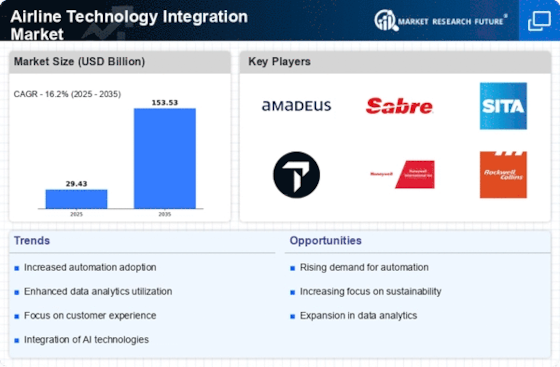
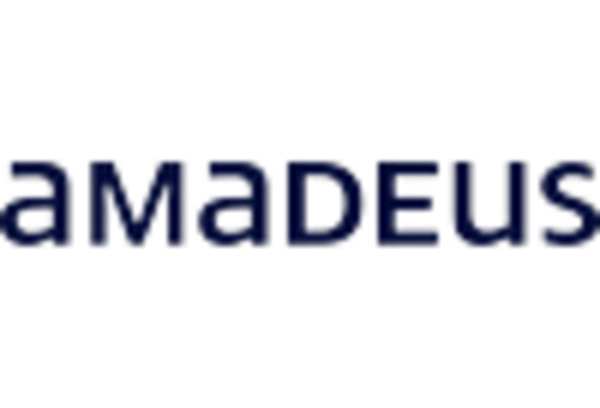
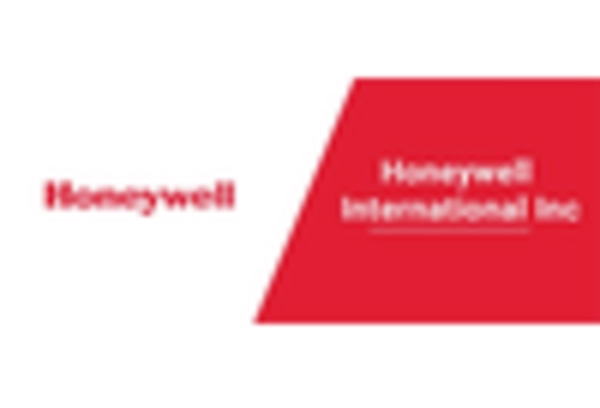

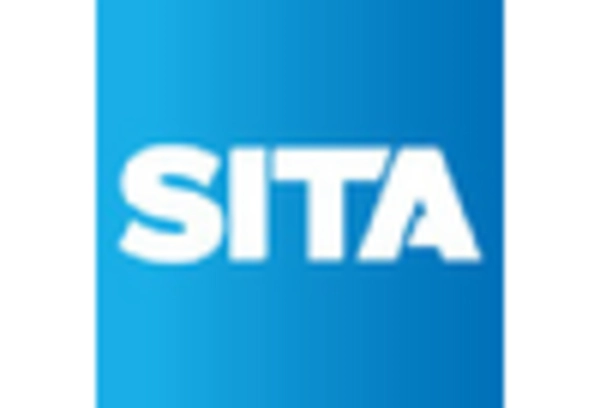
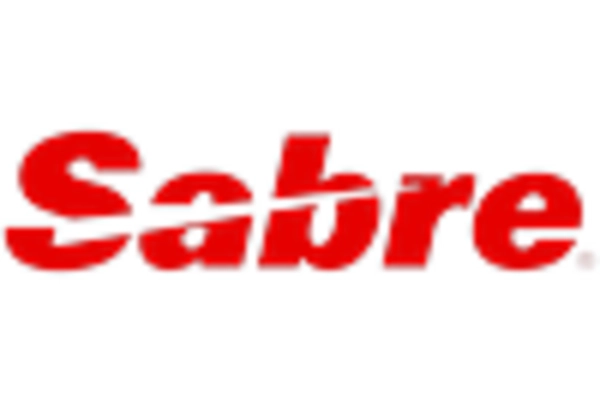










Leave a Comment